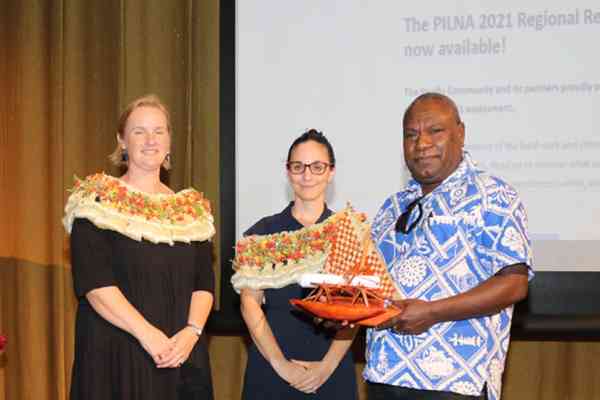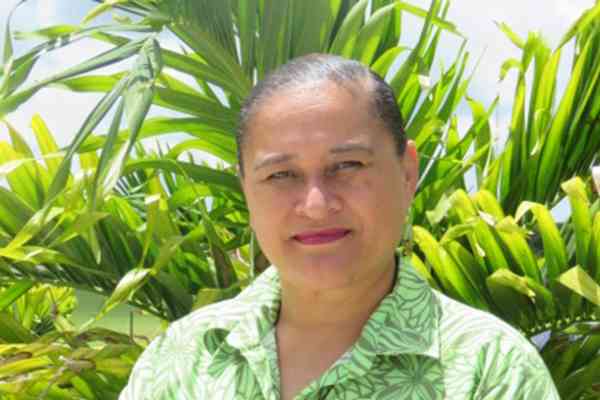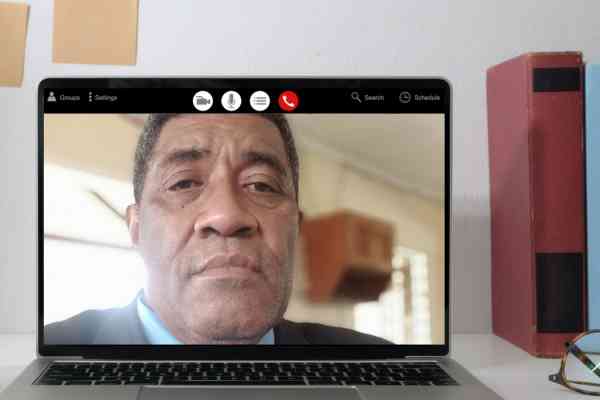(contenu disponible en anglais uniquement)
Pacific’s largest literacy and numeracy assessment identifies room for further improvement
It has been a busy cycle for those involved in the 2021 Pacific Islands Literacy and Numeracy Assessment (PILNA) administration work. In spite of the drastic impacts brought forward by the COVID-19 pandemic and adverse weather conditions and in light of the enhancements to administering and reporting PILNA data, the PILNA 2021 report will definitely support participating Pacific island countries in exploring interventions strategies that will strengthen the quality of education at the primary school level across the region.
PILNA is a tool to measure the literacy and numeracy skills of Year 4 and Year 6 students across the region and it is administered by the Pacific Community’s (SPC) Educational Quality and Assessment Programme (EQAP). The assessment represents a commitment of Pacific Island governments and development partners to monitor the outcomes of education systems by measuring student achievement on a regular basis and within an agreed common framework.
Since its first administration in 2012, the assessment has been administered in two domains; literacy and numeracy. However, in the fourth cycle (2021), the literacy domain was split into reading and writing domains to help better analyse the literacy skills of Pacific students.
In addition, the results reporting has transitioned from a printed report distributed in the previous cycles to a digital version this year to make information easily accessible to all stakeholders and to allow users to easily dig deeper into data relevant to their fields.
The findings from the fourth cycle highlight the achievements of Year 4 and Year 6 students from 952 participating schools from across the region. The report notes some areas of concern that require a collaborative approach from the region. Find the PILNA 2021 report here.
The overarching purpose of PILNA as a long-term Pacific-wide regional assessment is to generate cognitive and contextual data that can be used to facilitate ongoing collaborative efforts to monitor and improve learning outcomes for children in Pacific Island countries.
By building capacity through collaborative involvement of country representatives, the PILNA programme helps to strengthen learning assessments, standards and policies, while also supporting improvement in teaching and learning across the Pacific region.
Through the assessment, EQAP have identified two priority areas that cut across all recommendations. The first priority area focusses on the need for intervention on students’ reading performance due to Pacific’s largest literacy and numeracy assessment identifies room for further improvement underperformance in PILNA 2021 and the impact of reading proficiency on a diverse set of learning outcomes. If left unaddressed, lower reading scores now may cause lower performance, in all subjects, as students progress through school.
The second priority area focusses on formative assessment practices: frequent and informal assessment of student learning that identifies learning needs and allows teachers to adapt their teaching accordingly. These practices can ensure a greater number of students understand new concepts and that slower learners are identified and can receive required support. Given the number of students who are experiencing learning difficulties, it is recommended that regional entities, ministries of education, teacher education institutions, school leaders, and teachers strengthen, develop, and utilise formative assessment practices.
Our EQAP team are in the process of disseminating the findings and recommendations of the PILNA 2021 assessment across 15 PICs. As PILNA data is broad, it may be valuable to many stakeholders, even beyond education.
Educators and other stakeholders are encouraged to collaborate to identify possible activities to address any identified student underperformance at local and regional levels. EQAP, being a regional public good that supports in strengthening the quality of national and regional education systems, will work to ensure that these collaborative activities are implemented in a manner that is inclusive, equitable, and considers local and traditional approaches to education.
The PILNA 2021 cycle was administered with design and implementation support from EQAP’s technical partner the Australian Council for Educational Research (ACER). The assessment falls under EQAP’s activities contributing to the the Pacific Regional Education Framework (PacREF), and is funded by the governments of Australia and New Zealand.
At a global level, PILNA is one of nine cross-national learning assessments identified by the UNESCO Institute for Statistics that meet the criteria to measure SDG 4 Indicator 4.1.1, the proportion of children and young people achieving minimum proficiency in reading and mathematics.
Following the dissemination of the country specific PILNA data, PILNA research officers from participating countries will convene in November to allow them to dig deeper into the findings of their country specific data, as well as, finalise some possible interventions that would help strengthen the quality of education in their respective countries.
Read more about the 2021 report here.




